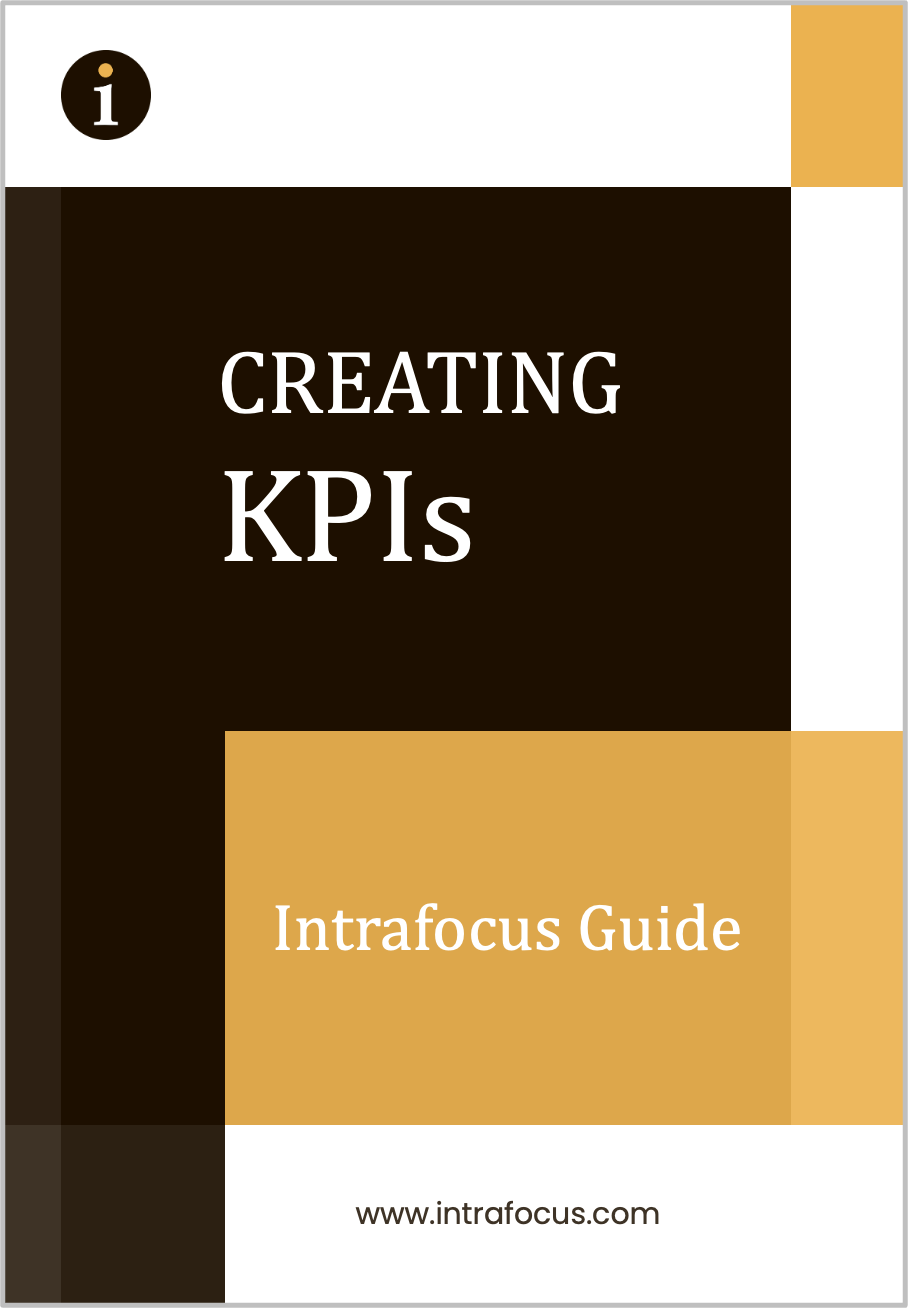Why Business Scorecard and not Balanced Scorecard? Our experience over the past couple of years has suggested that most companies have implemented some form of scorecard system. It is usually in association with their strategic planning and monthly reporting. Only a few of them would describe the scorecard as a Balanced Scorecard. When asked why, typical responses are “we tried to implement a Balanced Scorecard but failed, it was too complex” or “our business does not fit into a classic four perspective structure” or “the rules around balanced scorecard terminology are too ridged”. Any Balanced Scorecard practitioner could quickly respond with arguments to counter these statements, however, they would be missing the point. The statements are all based around a perception that in some way a balanced scorecard approach will restrict the freedom a company has to do things in its own way.
Medium to large sized companies today are often highly sophisticated entities run by very smart individuals who often feel the need to express themselves through the company by being creative. A tried and tested and somewhat academic methodology like the Balanced Scorecard may not sit well with this creativity. However, even the most creative executive recognises the need to instil good business practice: Things need to be measured on a regular basis. The measures must include financial and non-financial activities. The measurements need to relate to what the company is trying to achieve both at the departmental level (objectives) and at the company level (strategy). Therefore, a business scorecard is deployed. So what is the difference?
In truth, they are basically the same. Both use the starting point that it is important to measure not just the financial side of the business but to include non-financial measures as well. Both recognise the importance of linking metrics to objectives and then to strategy. The fundamental difference is the ‘perceived’ freedom of the creator to define the scope of the scorecard in relation to the needs of the business and their personal experience and expertise. Not to be confined to a terminology that is restrictive and bounded by rules and finally to create something that will provide that much needed ‘competitive edge’ to rapidly move the company forward.
Our latest survey relates to the use of Business Scorecard like Scoreboard. We have intentionally focused on Business Scorecards recognising that there is a need to better understand all scorecard usage in companies and organisation in 2012.


